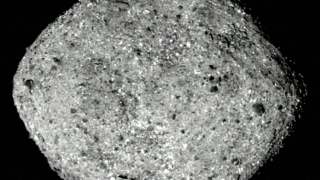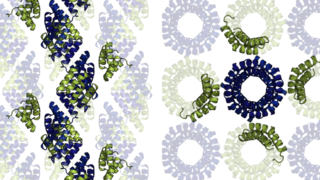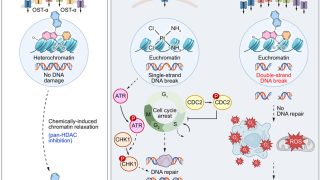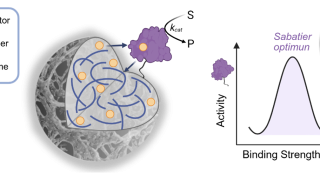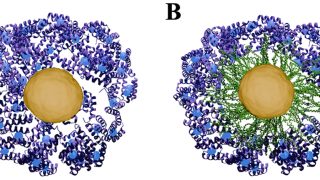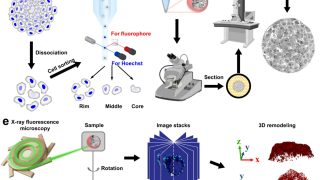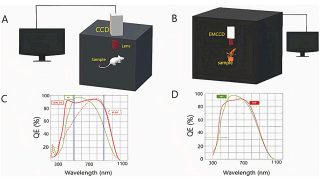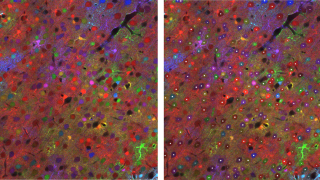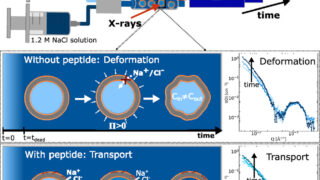
Antimicrobial peptides let ions through membranes without boring holes
Antimicrobial peptides (AMPs) are highly potent and broad-spectrum antibiotics, found as components of the innate immune system in almost all forms of life. AMPs are short proteins, tiny compared with conventional antibiotics but extraordinarily effective: they bind to and disrupt bacterial membranes, which quickly incapacitates or kills a cell. For decades, the picture many scientists […]
